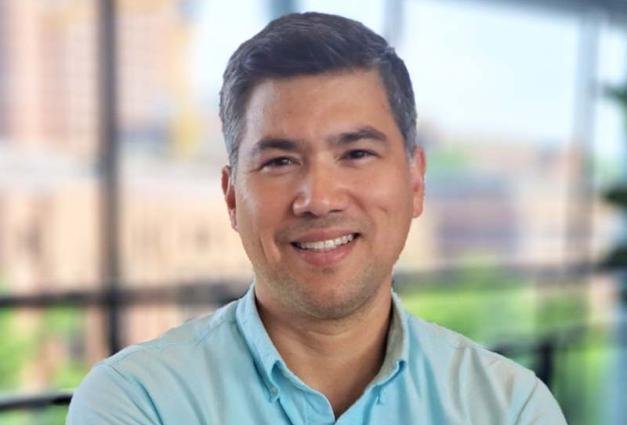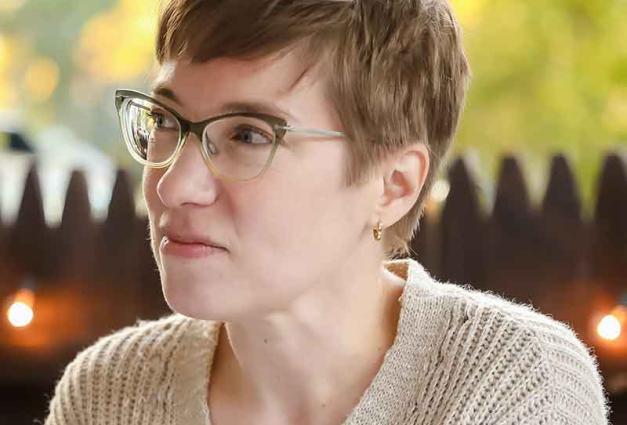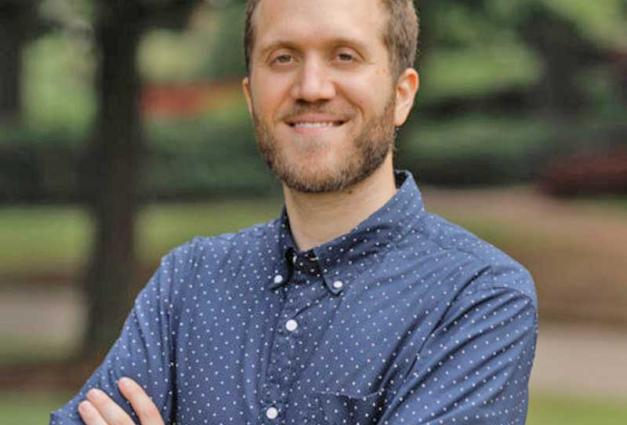Eliot R. Smith is Distinguished Professor Emeritus of Psychological and Brain Sciences, Indiana University, Bloomington. He moved to Indiana in 2003 after 21 years on the faculty at Purdue University. His research interests include prejudice and intergroup relations, especially the role of group-based emotions; person perception and stereotyping; and computational modeling. He has served as Editor of Personality and Social Psychology Review and JPSP: Attitudes and Social Cognition, and is currently Associate Editor of Journal of Experimental Psychology: General.
Do you have a favorite conference memory or story?
At the third SPSP conference, in Savannah in 2002, I met with the executive committee to present a plan for a Summer Institute in Social Psychology. The idea was based on, frankly, the envy that some of us felt for the overwhelmingly successful biennial Summer School sponsored by the European Association for Social Psychology, which has played a huge role in both transmitting knowledge and building friendship and collaboration networks among European social psychologists. The plan was accepted and some of us wrote a grant proposal that SPSP submitted to the National Science Foundation. That funding began the now ongoing series of Summer Institutes (now SISPP), with the first held at the University of Colorado in 2003. Graduate students, consider attending SISPP!
Do you have a favorite course to teach and why?
Besides specialized graduate courses, my favorite has been an advanced undergraduate course on the social psychology of public opinion. I designed it based on a course that I TA’d for in the early 1970s taught by Tom Pettigrew, my PhD advisor. It lets me combine methodological material like writing questions, the science of self-report, and survey sampling with substantive content from social psychology like social influence and the role of ideology in judgments. I also present and critique current polling data in virtually every class session. Teaching this course makes me realize how much fascinating work on political psychology is going on in our field today.
What are your current research interests?
My long-time collaboration with Diane Mackie on emotions and intergroup relations continues, and we are working together on two papers right now (to be submitted or resubmitted this summer). In a relatively new direction, my colleague Selma Šabanović and I have an NSF-funded project examining human-robot interaction within the theoretical framework of intergroup relations. That has led to a number of publications, the most recent being Smith, Sherrin, Fraune, and Šabanović (PSPB, 2020)—a paper examining whether positive or negative emotions are stronger predictors of willingness to interact with robots. I also have major research interests in person perception and social cognition, illustrated by a recent paper by Smith and Mackie (PSPR, 2016), a novel model of social influence.
Outside of psychology, how do you like to spend your free time?
I retired at the end of 2018, imagining that I would have plenty of free time to garden, travel, visit family, and enjoy music (perhaps brush up my rusty piano skills). In reality, I am keeping as busy as ever. I am still doing a lot of research and writing—perhaps even more given my freedom from teaching and administrative responsibilities. Many days are still filled with working on manuscripts with colleagues, as well as some journal editing and reviewing duties. In the pandemic I do find time to maintain a small garden, and hope to get to that piano playing someday.




